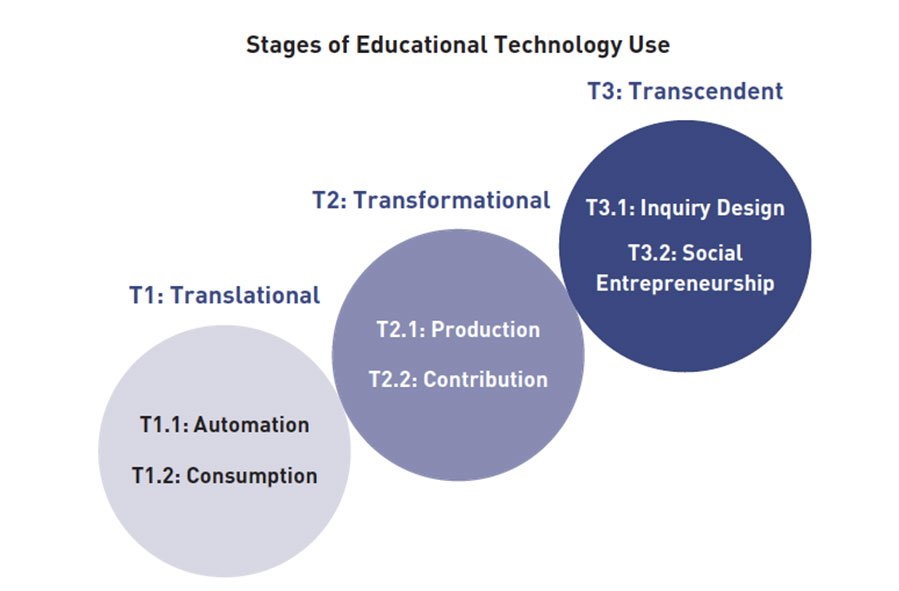Publishing
Empower: What Happens When Students Own Their Learning
Who Owns the Learning? Preparing Students for Success in the Digital Age
Leaders of their Own Learning: Transforming Schools Through Student-Engaged Assessment
Difference Making at the Heart of Learning by Thomas Vander Ark, Emily Liebtag
Learning in the Zone: The 7 Habits of Meta-Learners by Dr. Sonny Magana
Core Practices for Project-Based Learning by Pam Grossman
The Writing Revolution by Natalie Wexler
Key Takeaways from the Science of Learning:
Deeper learning leads to a more engaged learner, especially when students write about it. If we want students to become more motivated, more on-task, and learn more in our schools and classrooms, we need to increase their opportunities to respond.
Stronger feelings of belonging lead to stronger academic outcomes. Teaching and learning that gives control to students unlocks their passion, achievement, and writing motivation.
The best digital tools fuse learning and doing. Purposeful student work needs to be shared, especially as student-directed family engagement is more effective.
Twin Cities PBS: How middle school teacher and Fanschool cofounder, Matt Hardy, started digital student publishing through safe, teacher-moderated spaces.
Fanschool with Josh Chernikoff, educational enrichment expert, and John Gamba, Director of Innovative Programs at University of Pennsylvania Graduate School of Education.
Play
“Our thesis is that a primary cause of the rise in mental disorders is a decline over decades in opportunities for children and teens to play, roam, and engage in other activities independent of direct oversight and control by adults.” The Journal of Pediatrics
A growing community of researchers and educators are now exploring, defining and developing the vital role of play in human development, wellbeing and learning.
“Free to Learn” makes a good case for the importance of play as a renewable resource for school reform and transformation.
Optimal approach for students = Incorporating key elements of play (wonder, exploration, and agency) into loosely structured lessons that are gently supported by teachers.
“When humans create and share experiences designed to delight or amaze, they often end up transforming society in more dramatic ways than people focused on more utilitarian concerns.” - Wonderland: How Play Made the Modern World by Steven Johnson
“We have become a culture that is overtly pre-packaged and prescribed... Kids are starved for a place to simply play." - Playful by Design, a landmark report
“Play generates optimism, seeks out novelty, makes perseverance fun, leads to mastery, gives the immune system a bounce, fosters empathy and promotes a sense of belonging and community” - National Institute for Play
“The sooner you begin to play, you begin to learn about the social world.” - Brains at Play
Kids can learn more from guided play than from direct instruction, report finds.
Review of the book The Game Believes in You: How Digital Play Can Make Our Kids Smarter
Portfolios
Networks and relationships are critical.
XQ’s Learner Outcomes
New Tech Network’s Middle School Rubrics
NGLC’s What Learners Need to Thrive in a world of change
Should struggling students be held back a grade?
What skills are needed:
Solving for students feeling disconnected from school content and their peers.
Fanschool can help students to feel more connected, supported and engaged in their learning.
Here are some of the specific problems that Fanschool scientifically solves:
Lack of opportunities for collaboration.
In traditional classrooms and school systems, students often have limited opportunities to collaborate with each other. This can make it difficult for students to learn from each other and to build relationships with their peers. Fanschool provides a platform where students can easily collaborate on projects, share ideas, and give each other feedback.
Feeling isolated and alone.
Many students feel isolated and alone in school. This can be due to a number of factors, such as feeling like they don't fit in, having different interests than their peers, or being the only one in their class who is struggling with a particular subject. Fanschool provides a platform where students can connect with other students who share their interests and who can offer support and encouragement.
Lack of access to resources.
Not all students have equal access to resources, such as books, computers, and educational materials. Fanschool provides a platform where students can access a wide range of resources, including articles, videos, and lesson plans. This can help students to learn at their own pace and to get the support they need to succeed.
Unmotivated writers.
Fanschool is a safe, simple student portfolio and writing platform. Not only will students be motivated to write, but the writing they engage in will boost their learning—leading to more achievement, and therefore to more motivation.




